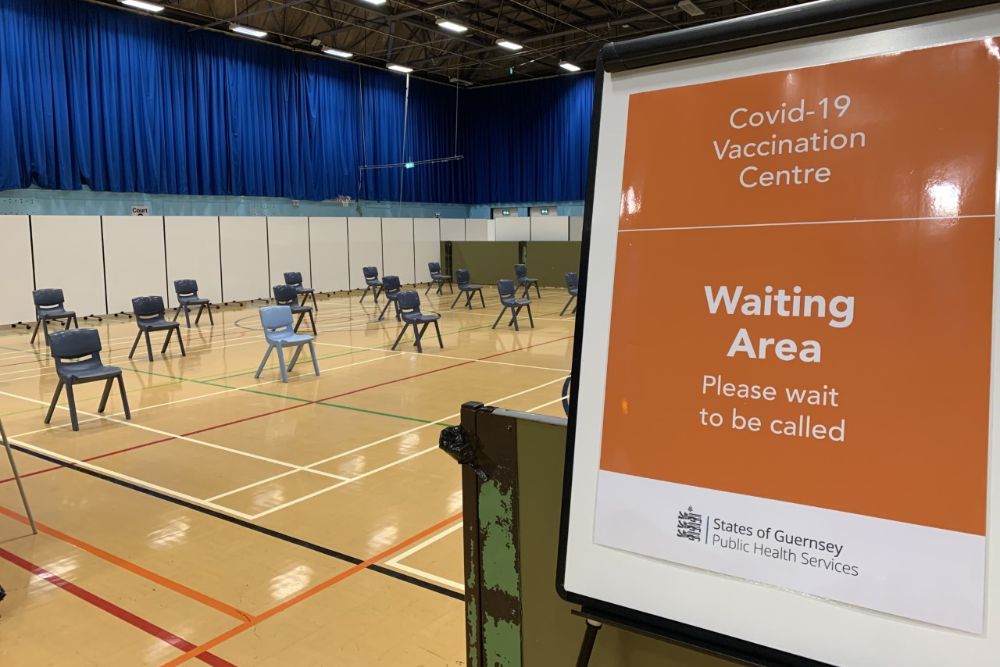
Public Health has said anyone aged 18 to 29 in Guernsey will continue to be offered the Pfizer or Moderna coronavirus vaccine 'as an extra cautionary measure' following reports of the jab resulting in blood clots.
79 people in the UK developed blood clots after getting that vaccine, with 19 of them dying. They were aged between 18 and 79 and three of them were under the age of 30.
It equates to a risk of around four in a million of getting a blood clot and one in a million of dying.
The States of Guernsey has released a statement following announcements by the Joint Committee on Vaccination and the Immunisation and Healthcare Products Regulatory Agency.
Embed not found
The Director of Public Health has said the side effect is very rare.
"Of importance is the fact that vaccines are the Bailiwick’s best way out of this pandemic and provide strong protection against COVID-19. As of the 31 March MHRA reported 20.2 million doses of the COVID-19 Vaccine AstraZeneca had been given in the UK with an estimated overall risk of these blood clots is approximately 4 people in a million who receive the vaccine.
"So, whilst the number of cases of blood clots show that the circumstances in which they happen are extremely rare, they must, of course be taken seriously.
"The MHRA has recommended that, as a precaution, administration of COVID-19 Vaccine AstraZeneca in people of any age who are at higher risk of blood clots because of their medical condition should be considered only if benefits from the protection from COVID-19 infection outweighs potential risks.
"In light of the MHRA data, the JCVI made a precautionary recommendation today, that adults aged 18-29 with no underlying medical condition that puts them in a high-risk group for vaccination should receive an alternative vaccine to Astra Zeneca at present."
Dr Nicola Brink added that those who have already received their first Astra Zeneca vaccine should still come forward for their second.
"With regards to the second dose, the MHRA are recommending that anyone who experienced cerebral or other major blood clots occurring with low levels of platelets after their first vaccine dose of COVID-19 Vaccine AstraZeneca, acknowledging that this is a very rare complication, should not have their second dose.
"Anyone who did not have these side effects should come forward for their second dose when invited. We have been closely monitoring the data regarding the clotting issue and have been invited to observe various meetings of the Joint Committee on Vaccination and Immunisation (JCVI) over the Easter weekend to understand fully the risks of clotting compared to the benefits of receiving the AstraZeneca vaccine.
"As a precautionary measure, and whilst we have continued to investigate these cases, we have advised anyone with a headache that lasts for more than 4 days after vaccination or bruising beyond the site of vaccination after a few days, to seek advice from their GP or, if urgent, the Emergency Department."
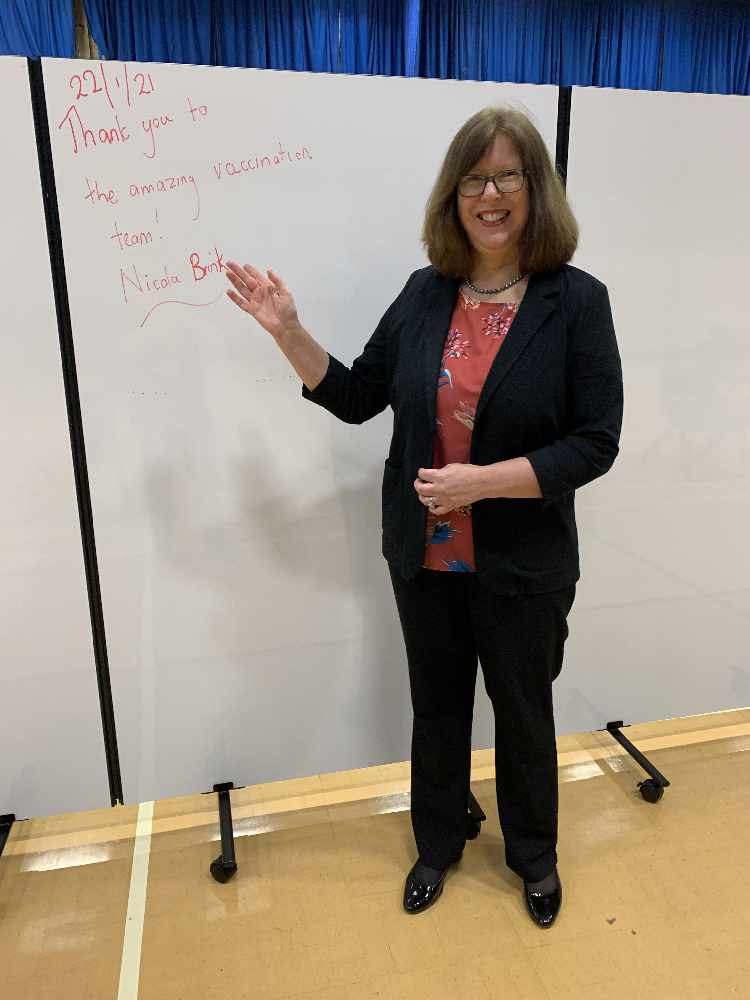
Guernsey's COVID-19 Vaccination Programme Lead also commented on the JCVI's guidance.
"We have been aware of the reports of blood clots for a few weeks and have been closely following the data provided by the MHRA and the guidance of the JCVI, whilst the situation was investigated further.
"In anticipation of an update from the MHRA a precautionary decision was made late last week to rearrange all vaccination clinics for those 50 years of age or younger so that they were given the Pfizer-BioNTech over the Easter weekend.
"Now we have the update from the MHRA and the new JCVI guidance, as an extra cautionary measure, we will continue to ensure that anyone under 30, with no underlying health risk, will receive the Pfizer-BioNTech vaccine (or the Moderna Vaccine when available) when they are invited to make their vaccine appointments."
Alex Hawkins-Drew reassured those who have already received the AstraZeneca jab.
"I know a number in our community will be concerned as they have already received the AstraZeneca vaccine and they are in the age range impacted by this decision.
"If they haven’t suffered from a headache that lasted for more than 4 days after vaccination or bruising beyond the site of vaccination after a few days and were generally well during the 7 to 14 days after they received the dose of vaccine, they are very unlikely to experience these side-effects.
"The data from the MHRA suggests that all reported adverse incidents of this type have been associated with the first dose of vaccine to date. Those under 30 who are due to receive a second Astra Zeneca vaccine will continue to be administered with it – this approach is supported by the JVCI."
The Moderna vaccine was rolled out in the UK from yesterday (6 April). A 24 year old unpaid carer from Carmarthenshire in Wales was the first to get it.
The World Health Organisation has stressed that the benefits of getting the Oxford vaccine outweigh the risks, despite saying the link between the jab and blood clots 'with low platelets' is, while not confirmed, plausible.
The benefits of the #COVID19 vaccine outweigh the risks.
— World Health Organization (WHO) (@WHO) April 7, 2021
The AstraZeneca COVID-19 vaccine has been saving lives and countries should continue vaccinating https://t.co/p8XMMAiUne https://t.co/luAcFLCaxP
EU regulators say 'unusual blood clots' should be listed as a 'very rare' side-effect of the jab.


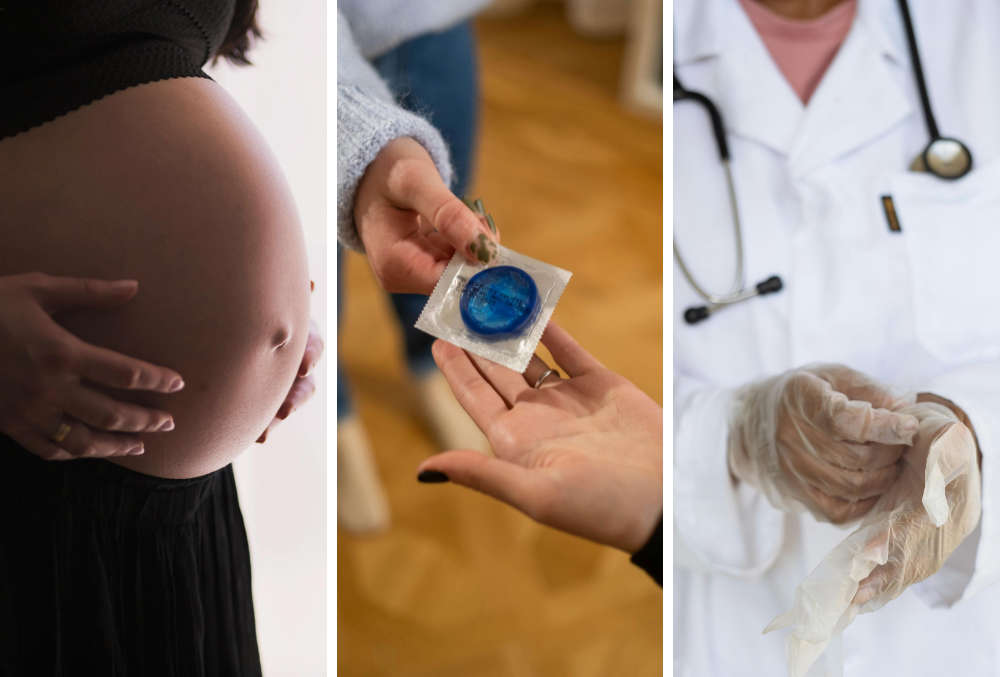 Guernsey's Sexual Health Strategy 'refreshed'
Guernsey's Sexual Health Strategy 'refreshed'
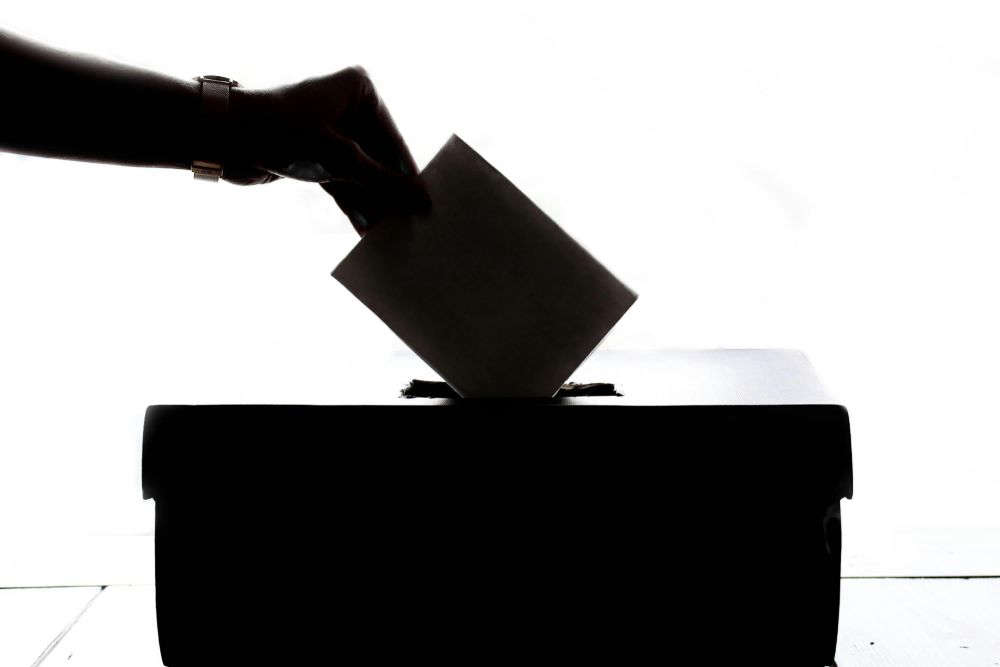 10 days left to register to vote in Guernsey's 2025 General Election
10 days left to register to vote in Guernsey's 2025 General Election
 Emergency sleeper pods to help homeless in Guernsey
Emergency sleeper pods to help homeless in Guernsey
 100 visiting military personnel will join Guernsey's 80th Liberation Day Parade
100 visiting military personnel will join Guernsey's 80th Liberation Day Parade
 New construction charity helps the Guernsey Counselling Service
New construction charity helps the Guernsey Counselling Service
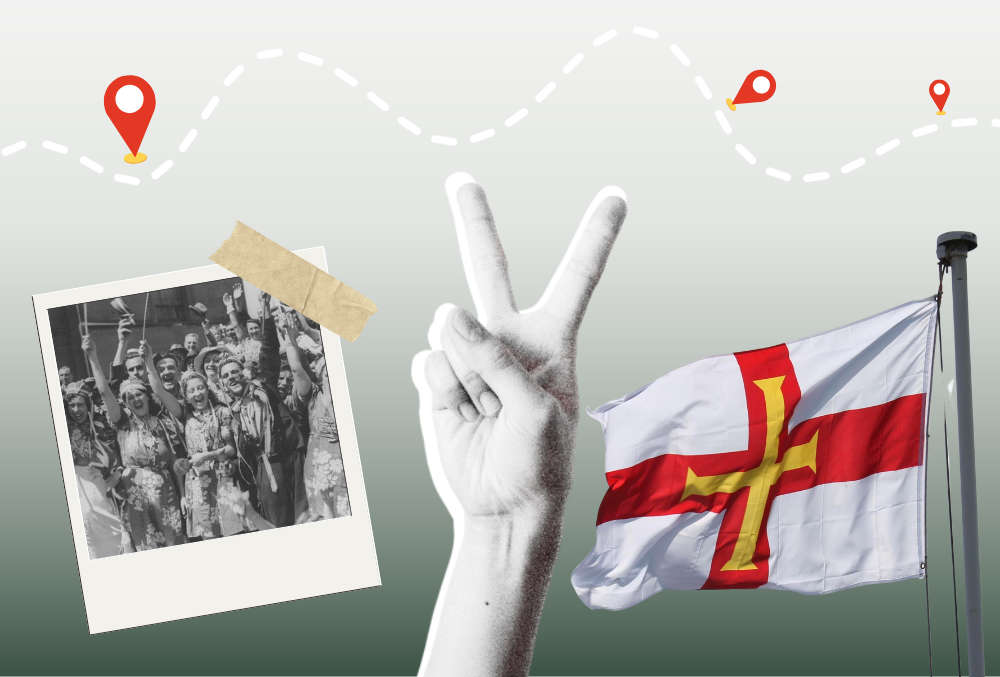 Guernsey Liberation Trail unveiled
Guernsey Liberation Trail unveiled
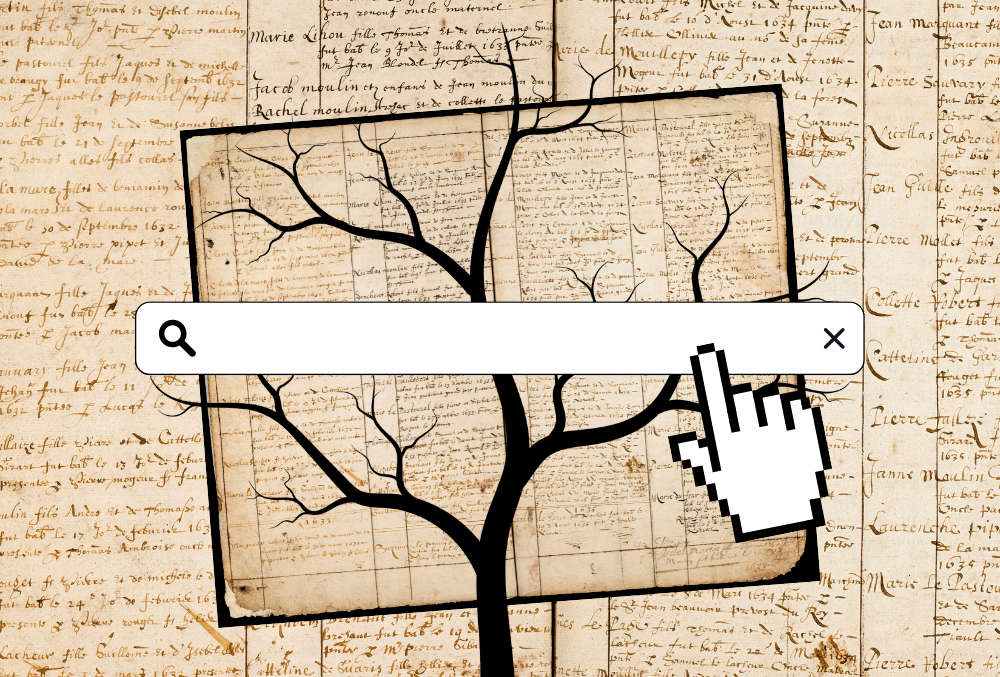 Millions of Bailiwick of Guernsey historical records digitised
Millions of Bailiwick of Guernsey historical records digitised
 New Channel Islands catamaran tests well in choppy seas
New Channel Islands catamaran tests well in choppy seas




